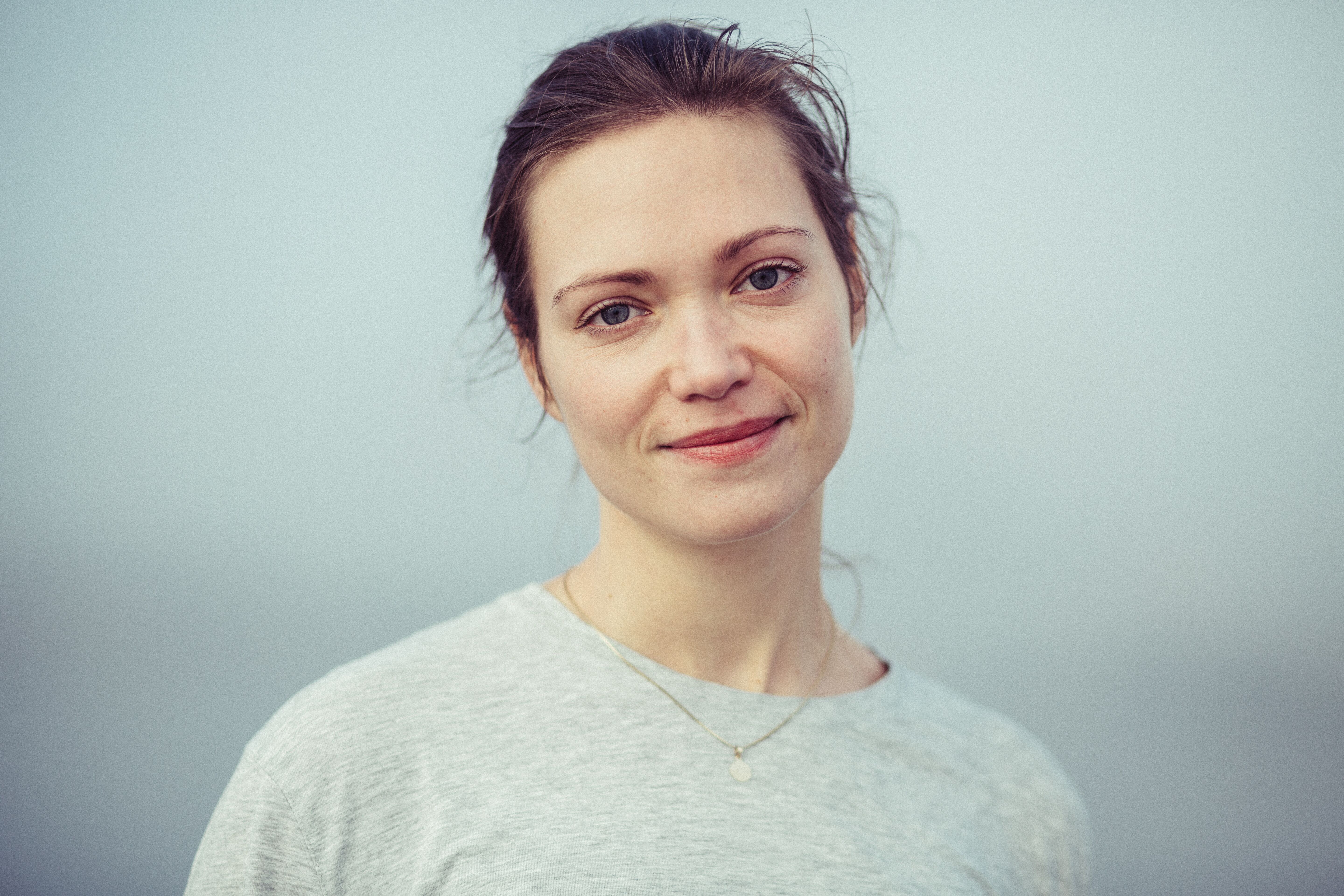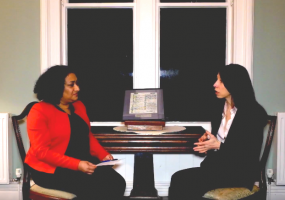"Any reporter who works with survivors of sexual crimes should be transparent about their work"

Thea Storøy Elnan spent six months at the Reuters Institute in 2019 as a journalist fellow sponsored by the Fritt Ord Foundation . Before coming to Oxford, Elnan broke several #metoo stories for Norwegian newspaper Aftenposten, including one about 500 actresses breaking their silence on sexual harassment in their industry and one uncovering how a Conservative politician had sexually abused a 16-year-old party member.
During her time at the Reuters Institute, she studied the impact of the #metoo movement on the way Norwegian journalists cover sexual abuse.
The Fritt Ord foundation fellowship is open to any experienced journalist resident in Norway. The successful applicant will join a global fellowship with journalists and editors from all over the world, to take part in seminars, debates, and to complete a project that addresses a challenge facing the media industry.
Applications for January 2020 are now open until September 25 at noon, British Time. You can apply through this link.
Thea Storøy Elnan speaks to the Reuters Institute about her fellowship and her reporting career.
You've published a few #metoo investigations in Aftenposten. What recommendations would you give to a journalist reporting on these stories?
First of all I would recommend to be conscious about the use of rape myths when journalists write about sexual violence. Rape myths can be descriptions inclining that the rape was the survivors responsibility. For example, whether the survivor was wearing a miniskirt, if he or she was drunk, whether the rapist was deranged... Research on how the media covers sexual harassment, violence, and abuse shows that journalists in general often simplify and trivialize sexual harassment, and that this is a global phenomenon. In the research I did during my time in Oxford I found that rape myths still occur in 1 out of 5 Norwegian news articles about rape. This is significant.
Why do you think rape myths persist in the Norwegian media?
The use of rape myths might linger because of several reasons. For instance, they are part of reporting patterns: when reporting from trials, that can be very entrenched, and habits are hard to change. Also, Norwegian journalists already tend to use relatively few rape myths, which would suggest that little improvement should be expected. But it could just be because rape myths unfortunately are still a big part of our cultural way of looking at rape, survivors and perpetrators.
At the end of your paper you suggest guidelines for reporters covering sexual abuse. What are your main recommendations?
Working with survivors of sexual crimes is different from working with other kinds of sources. They are vulnerable, because they tell a personal story about something difficult that happened to them, and something that unfortunately is still looked upon as a taboo. So they need to trust the reporter. One way of doing that is to be transparent about the way you work. Survivors tend to be in need of having a feeling of control over the story. They have lost control over their bodies and over their own narratives. So they don't want that to happen again. Also, give context to the bigger story and avoid giving a misleading picture of it being an exceptional event. You can do this by using statistics, quotes from scientific reports or neutral experts. Rape happens all the time. Show it.
What did you enjoy most about your Fritt Ord journalist fellowship in Oxford?
I fell in love with the city, which is a green and a surprisingly lively place relative to its size. The easy access to new knowledge through all the open events and lectures at the university was very enjoyable. But the best part of the Fellowship was definitely the other journalist fellows. They became really close friends, almost like a new family. Learning from them, being inspired by them and having fun with them was an amazing experience. I miss them already!
Why should any of your Norwegian colleagues apply for the Fritt Ord Fellowship this year?
Any journalist should apply to this because it's a great opportunity not only to get more inspiration and knowledge about journalism, but also to meet amazing colleagues from around the globe. Applying for the fellowship is one of the best decisions I've made. It's an experience you'll remember and cherish for the rest of your life.
If you want to know more…
A paper on the prevalence of rape myths
A paper on the enduring presence of rape myths in the media
A survey on what Norwegians think of the #metoo movement
Picture: Matthis Kleeb Solheim


